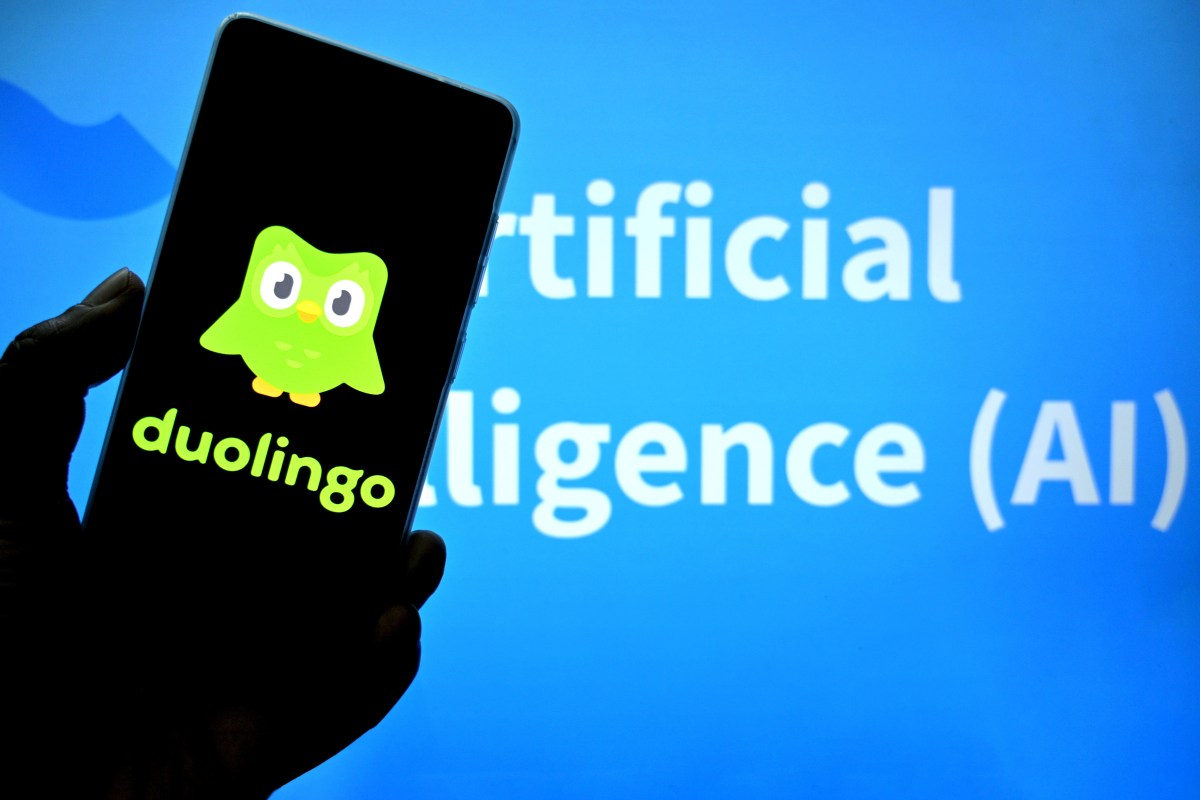Duolingo’s CEO says AI-first memo lacked context, not a plan for layoffs

Duolingo’s chief executive moved to clarify why his earlier message about steering the company toward an “AI‑first” strategy sparked backlash. He said the reaction stemmed from missing context, not from any intent to sideline people.
According to the executive, the note raised few eyebrows internally. Outside the company, however, some observers read it as a purely profit-driven shift or a signal that jobs were at risk. He pushed back on that interpretation, emphasizing that the company has not let go of full-time staff and doesn’t plan to.
He acknowledged that the organization has adjusted its contractor headcount, but framed those changes as routine fluctuations tied to project needs rather than a new policy. In his telling, such variability has existed since the early days.
Despite the flare-up, the controversy appears to have had little effect on business performance. The company remains confident about the upside of deploying modern AI across its products and operations.
Inside the team, that enthusiasm shows up in weekly rituals: employees dedicate Friday mornings to hands-on experimentation with new AI capabilities. The nickname for these sessions—“fr‑AI‑days”—may be tongue-twisting, he joked, but the goal is straightforward: give people space to test ideas quickly and bring the best ones into the learning experience.
Big picture: the company is doubling down on AI to accelerate product development while working to reassure skeptics that the strategy isn’t shorthand for broad layoffs. The message now is less about hype and more about how AI can responsibly augment the work of human teams.



